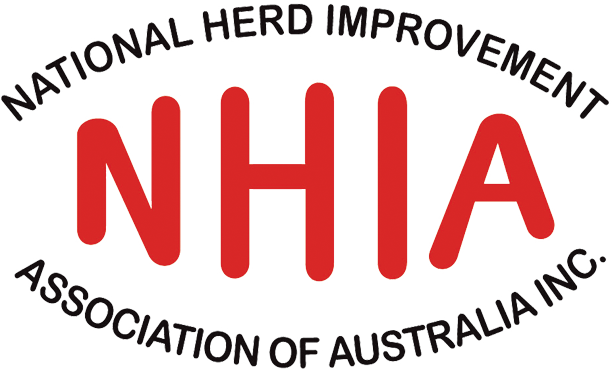A strong domestic market in 2021 saw a 61% increase in sexed semen sales, up from 321,777 to 518,644 doses year-on-year and a 77% rise in beef semen sales, from 243,435 to 429,675 doses. Set against this was a marked reversal in the export market, with a 37% decline in dairy semen exports and 40% decline in beef exports.
NHIA director and World Wide Sires Australia General Manager, Geoff Wood, says the increasing take up of sexed semen is changing the face of the domestic market.
“Sexed semen has gone from 10% of the market in 2019 to over 25% in 2021. Over the last 12 months conventional semen sales have decreased by almost 16%,” says Geoff.
“With sexed semen reliability increasing year-on-year I see this pattern continuing. Ultimately we may get to a point where the dairy market will be almost all sexed and beef semen, with little conventional semen being sold.
“In practical terms the increased reliability of sexed semen means less bobby calves, farmers getting greater value for every pregnancy and calf born on farm and, with the strength of live exports, a ready market and reliable income stream for additional heifers.
2021 NHIA Semen Survey charts and diagrams
“Beef-on-dairy sales are being driven by high beef prices with a premium paid at market for young beef dairy cross animals, plus the established practice of using beef semen over the bottom twenty five to thirty per cent of the herd,” says Geoff.
“With the beef market so strong and producers continuing to receive record prices beef-on-beef sales continue to increase, making up 62% of the domestic and import beef market. I would expect to see the growth in beef semen sales continue driven by both the beef and dairy sectors.”
The single reason for the marked decline in semen exports is access to the Chinese market says NHIA Chair and Genetics Australia CEO, Anthony Shelly.
“Since March 2021 the Chinese government has not issued any semen collection accreditation or import permits, closing off what was our largest export market.
“It’s as simple as that. We are developing newer markets rapidly, such as Pakistan, but until we see a change in the trade relationship with China it will be a slow turnaround. Prior to this we had seen 140% growth in exports over the previous 4 years,” says Anthony.
Total dairy semen sales (domestic, export and imported) dropped by 158,820 doses or 7%, with the decline in exports making up the majority of this fall off at 114,579 doses.
“Taking exports into account the local market saw a decline in real terms of 2%,” says Geoff Wood. While a minor fluctuation, this decline could be due to the increased popularity of sexed semen.
“It makes sense that if sexed semen reliability is increasing, this will ultimately shrink the total market in terms of volume as farmers will need less semen to get the same or better results. It’s certainly a trend worth watching.
“What is clear is that if you take the global situation into account over the last few years, then factor in the export decline, our local market has performed particularly well with strong demand across the board.
“We can also see that the technological advances of recent years – sexed and genomic semen – are translating into better breeding practices and improved financial or business performance for many Australian farmers,” says Geoff.
Genomic semen sales continue the strong growth of recent years, making up 52% of all dairy semen sales. Over the same period sales of daughter proven semen declined by a 25%, making up just over a quarter of the total market.
The headline figure here says Geoff Wood is the rate at which genomic sales are outpacing daughter proven.
“Genomic sales overtook daughter proven for the first time during 2017 / 2018 reporting year and since then the gap between the two has continued to grow. In 2020 genomic sales increased by a factor of 29% year on year in comparison to proven. This year it was by a factor of 61%.
“With the ever increasing reliability of genomics, many breeders are now choosing genomic over daughter proven as opposed to waiting for the slightly higher daughter proven bulls in 3 years’ time. Many of these breeders are now milking genomic daughters and seeing improved health and production traits and increased volumes through the generations,” says Geoff.
The National Herd Improvement Association of Australia Semen Survey is conducted annually with data drawn from Australia’s leading genetics companies. For the first time in 2021 the survey was conducted over a calendar rather than financial year to better reflect the Australian breeding season cycle.
NHIA would like to thank the 2021 Semen Market Survey participants who provided the raw data for this report. The participants were:
Dairy: ABS Australia | Agrigene | Alta Genetics | LIC | Semex | ST Genetics Australia | TLG VIC-GAC | Viking Genetics | World Wide Sires
Beef: ABS Australia | Agrigene | Alta Genetics | LIC | Rocky Repro | Semex | ST Genetics Australia | TLG VIC-GAC | Viking Genetics | World Wide Sires

